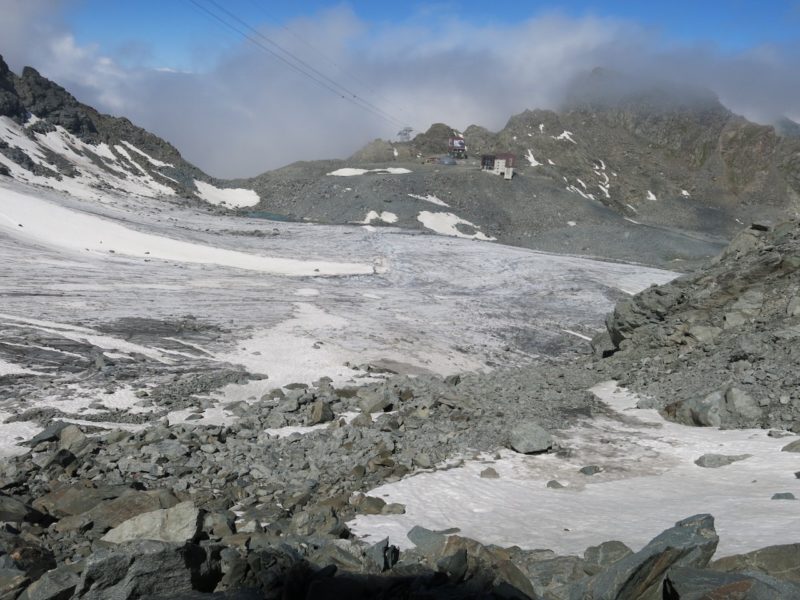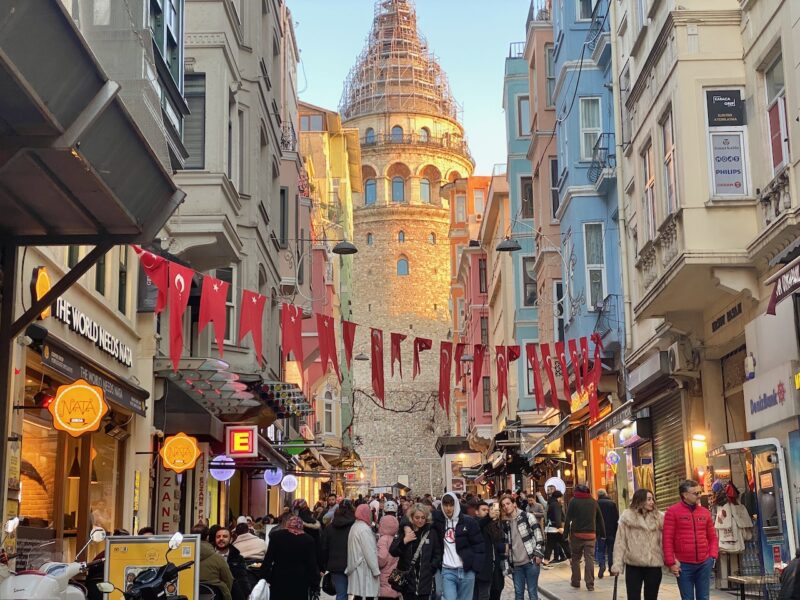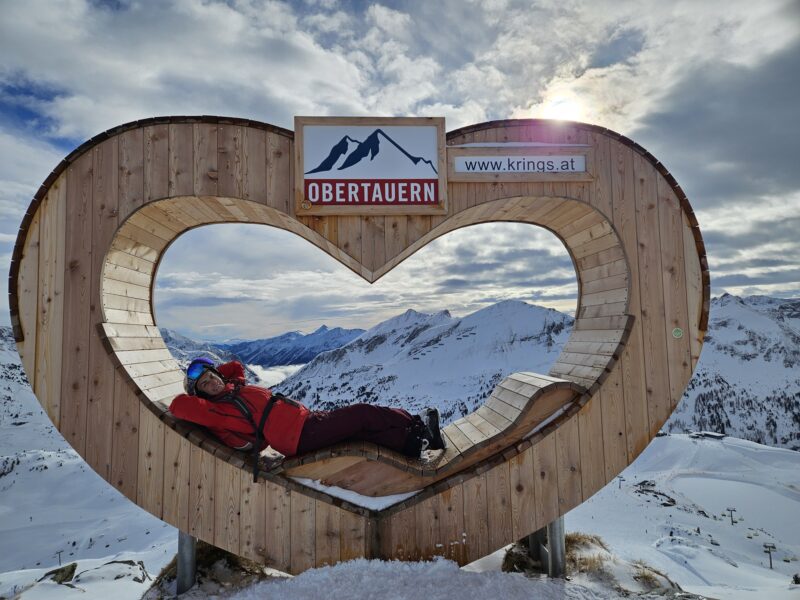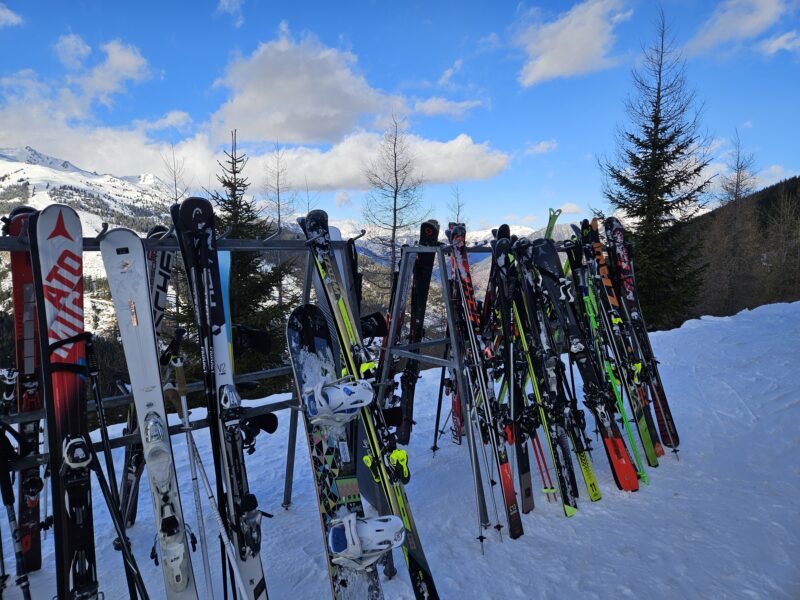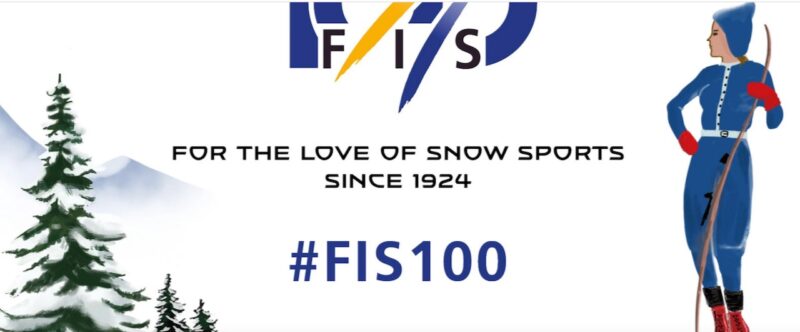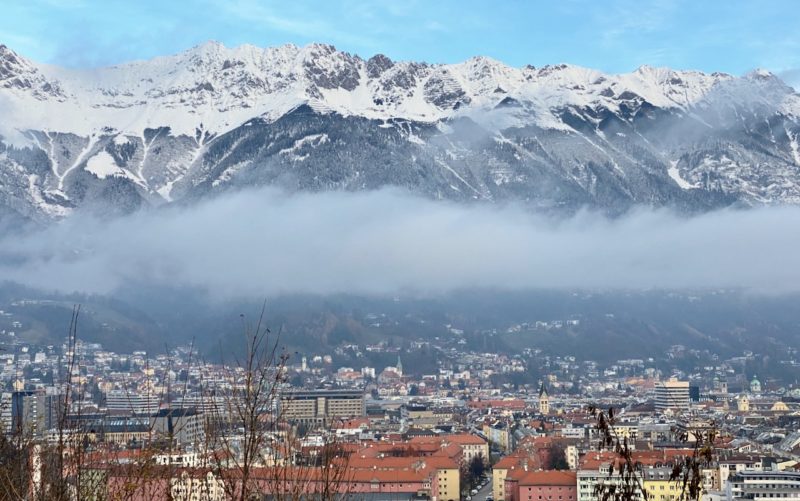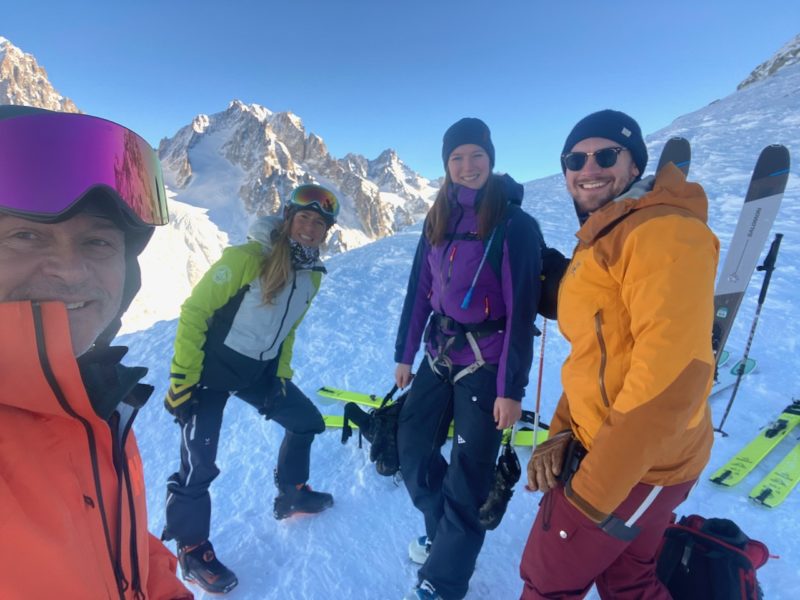Switzerland Scraps Quarantine Requirement
3rd December 2021
Last modified on December 9th, 2021
In an about turn the Swiss authorities have altered some of the measures announced last week that threw the start of winter into chaos and brought travel misery for many. It has been welcomed by the Swiss ski industry, with stricter testing ordered. UPDATED
Switzerland removes the need for arriving travellers to enter quarantine and replaces it with further testing.
“With effect from Saturday, 4 December, there will be no countries on the quarantine list,” said the goverment in a statement on Friday 3rd November.
The full statement is reproduced at the end of this article.
The Health Minister, Alain Berset, has warned the Delta variant is still not under control in Switzerland and now the country is now facing an outbreak of Omicron.
“The situation is very serious,” said Berset.
“We didn’t want this, but we have to work with reality.
“Some hospitals have already reached their capacity limits.”
New measures, that come into force on Monday December 6th, include an expansion of the Covid certificate requirement, a shortening of the period antigen tests are valid for as well as wider mandatory rules on wearing a mask.
It has been welcomed by many in the snowsports industry, but there are also questions about how it was introduced in the first place causing widespread chaos and confusion.
“Looks like the knee has been un-jerked and it’s nice to get a bit of good news,” said the CEO of SNO, Richard Sinclair, to PlanetSKI.
Others have voiced a similar reaction, including skiers and snowboarders wishing to head to the Swiss mountains.
Ski resorts are breathing a collective sigh of relief.
“It is a huge relief that the quarantine requirement, which was a de facto travel ban, has been dropped,” said the Swiss tourism agency.
Covid-19 is spreading significantly with hospitals under threat.
Some UK operators have already suspended operations to Switzerland and it remains to be seen what their policy will now be given the new position.
The Swiss government said the new measures was necessary due to the rising number of Covid cases.
The latest figures we have, from November 29th, show there were 530 cases of Covid-19 per 100,000 of population over a 7-day period in Switzerland.
A week earlier it was 374.
By comparison the figure is 973 in Austria, 305 in France and 136 in Italy.
The UK stands at 453.
The significant fact is that the Intensive Care Units in some areas of Switzerland are now full.
“The infections have been increasing sharply for a few weeks. In addition to local outbreaks, mainly in schools and in old people’s and nursing homes, the virus is also spreading again among the broader population,” said a statement from the government.

Skiing in Switzerland. Image © PlanetSKI
All countries currently on Switzerland’s quarantine list, which includes the UK, are to be removed.
We understand the Federal Government came under some pressures for the cantons in the Alps as the start of the ski season would have suffered significantly and there would have been big financial losses.
People arriving will need to complete two PCR tests, one before arriving and one between four and seven days after arrival.
This will add to the cost of people’s ski holidays.
This test ensures that infected persons who have contracted the virus shortly before or during travel are detected.
This will add to the cost of people’s ski holidays.
“Test costs must be borne by the traveller,” said the Federal government.
There has been some reaction from our readers on social media, but we have not checked the claimed testing costs.

Image c/o PlanetSKI Facebook
Feel free to add you comments on the PlanetSKI Facebook page.
The tests will be for all entrants whether they are vaccinated/recovered or not.
However, there are some exemptions from areas of neighbouring countries where people cross the border for work purposes.
The Swiss government said non-vaccinated foreign tourists from any region deemed at risk from the Schengen area would not be allowed to enter.
The measures will be in place until January 24th at the earliest, but are subject to change.

Bernese Oberland, Switzerland. Image © PlanetSKI.
Statement in full from the Swiss Federal Government
Coronavirus: Federal Council tightens measures against the pandemic
Bern, 03.12.2021 –
From Monday, 6 December, COVID certificates will be required and face masks will have to be worn in a wider range of situations; people will be urged to work from home and the validity of rapid antigen tests will be reduced.
Furthermore, at events and venues subject to a certificate requirement, it will be permitted to restrict access to people who have been vaccinated or who have recovered from COVID; guests and customers would then not have to wear masks.
These are the decisions taken by the Federal Council at its meeting on 3 December after consulting the cantons, social partners and the relevant parliamentary committees.
These measures reflect the sharp rise in the number of COVID-19 patients admitted to hospital and the emergence of the new Omicron variant.
The new measures will remain in place until 24 January 2022.
In addition, stricter rules on testing will come into force for persons entering the country.
In return, all countries will be removed from the current quarantine list.
Infection rates have been rising rapidly for several weeks now.
In addition to local outbreaks, mainly in schools and in old people’s and nursing homes, the virus is also spreading again among the general population.
In recent weeks, the number of severe cases, and consequently the pressure on intensive care units, has also risen sharply again. The illness is usually mild for those who have been vaccinated and who have already had COVID.
The Federal Council considers the current situation to be of great concern.
The emergence of the Omicron variant requires an additional pandemic response.
The WHO classified Omicron as a variant of concern on 26 November.
It is believed to be highly transmissible, and it is possible that people who are immune to the Delta variant could also become infected.
It is also unclear how well the vaccination protects against severe cases of the disease and how dangerous the new variant is.
Aim is to relieve pressure on hospitals
In tightening the measures, the Federal Council wants to reduce infections with the Delta variant so as to relieve pressure on hospitals as much as possible.
The measures are initially limited until 24 January 2022. If these fail to have the desired effect, the Federal Council will decide on further measures.
Vaccination remains the best way to relieve the pressure on hospitals. It is also important to get a booster jab as quickly as possible.
The Federal Council has decided on the following measures:
Extension of certificate requirement
The certificate provides proof that a person has been vaccinated, has recovered from the disease or has tested negative for COVID.
It plays a significant part in reducing the risk of transmission.
The certificate requirement now applies to all indoor spaces at all public events, as well as
for all amateur sporting and cultural activities.
The current exemption for fixed groups of fewer than 30 people is rescinded.
A certificate requirement will now apply to outdoor events with over 300 people.
The limit until now had been 1,000 people.
Experience has shown that private gatherings pose a significant risk of infection.
Indoor gatherings of friends and family attended by 11 or more people will be subject to a certificate requirement.
For the Federal Council it is important that the public are particularly careful, especially at private events such as family gatherings.
Extension of requirement to wear masks
Masks have proven to be a simple and cost-effective means of preventing the transmission of the virus.
The requirement to wear a mask now applies in all situations where a certificate requirement applies – except at private gatherings.
Option of limiting access to those vaccinated or recovered
Particular care needs to be taken in situations where it is not possible to wear a mask, which is why alternative measures will apply: a seating requirement when consuming food and drink in restaurants or recording the contact details of those attending cultural and sporting activities such as choir practice and indoor training.
At all public venues and events, whether indoors or outdoors, where a requirement to wear masks and be seated is impracticable or undesirable, it will be permitted to restrict access to people who have been vaccinated or who have recovered from COVID.
These people are considered to be far less infectious and are very unlikely to experience a serious case of the disease or need to be admitted to hospital should they become infected.
The COVID Certificate Check app will need to be updated to take account of this and the new version will only become available on 13 December.
Until then, business owners and event organisers will have to check manually whether or not individuals are vaccinated or have recovered.
The option to allow businesses or venues to restrict access to those who are vaccinated or recovered was requested during the consultation on the grounds that operating clubs and discos with a seating requirement is not commercially viable.
Urgent recommendation to work from home
To reduce contacts in the workplace, the Federal Council is issuing an urgent recommendation to work from home.
In addition, all employees must wear a mask in indoor areas where several people are working.
The vast majority of the cantons and the social partners were opposed to a requirement to work from home.
A binding rule would have a greater epidemiological impact than a recommendation.
Validity of test certificates shortened
The validity of rapid antigen tests will be reduced from 48 hours to 24 hours from the time the sample is taken.
The reduced validity increases the evidentiary value of the test result; the period in which people with a valid test certificate could be contagious is thereby significantly reduced.
PCR tests continue to be valid for 72 hours.
Lifting of capacity restrictions
According to a provision of the COVID-19 Act, capacity restrictions for publicly accessible venues and businesses, as well as events and private gatherings, must be lifted as soon as a ‘sufficient proportion’ of the adult population willing to be vaccinated has been vaccinated.
Parliament adopted this provision as part of its deliberations in the summer session.
Following the efforts undertaken by the cantons and the federal government as part of its Vaccination Week campaign, it must be assumed that all those over the age of 12 who wish to be vaccinated have done so.
Due to the requirement set out in the COVID-19 Act, it is no longer possible for the Federal Council to order capacity restrictions that are desirable from an epidemiological point of view, particularly indoors.
Therefore, the remaining capacity restrictions for religious gatherings, in the education sector and for outdoor events will be lifted.
The cantons may continue to impose capacity restrictions as they see fit.
Decision to forgo testing requirement at schools
Following the consultation, the Federal Council has decided not to require all schools at compulsory and upper secondary level to offer routine tests.
17 out of 26 cantons rejected this requirement.
The Federal Council is convinced of the effectiveness of routine testing as it allows infections to be detected at an early stage, thereby interrupting chains of transmission.
It also reduces the risk that schools will have to close or that entire classes will be forced to switch to distance learning.
Cooperation between federal government and cantons confirmed
Almost all of the cantons continue to accept the strategic principles of cooperation between the federal government and the cantons agreed in October 2020.
A large majority is also prepared to take further steps if the measures at federal level are not sufficient to address the situation in specific regions.
Entry into Switzerland: Quarantine rule lifted, stricter testing requirement
At its meeting, the Federal Council also amended the rules on entry.
With effect from Saturday, 4 December, there will be no countries on the quarantine list.
In order to continue to prevent the new Omicron variant from entering the country as far as possible, a stricter testing regime will now apply for all arrivals into Switzerland.
This testing requirement also applies to those who have been vaccinated or have recovered from the disease.
In addition to taking a PCR test before travelling, a second test (PCR test or rapid antigen test) must be carried out between the fourth and seventh day after arrival.
This test ensures that infected persons who have contracted the virus shortly before or during travel are detected.
Test costs must be borne by the traveller.
Non-vaccinated third-country nationals wishing to enter the Schengen area from countries or regions at risk will be refused entry to Switzerland for short-term stays without gainful employment of up to 90 days within a period of 180 days – apart from certain exceptions (hardship cases).
This primarily affects tourism and social visits.
The list of high-risk countries and regions is set out in Annex 1 of COVID-19 Ordinance 3.
It is updated on an ongoing basis, taking into account the recommendations for the Schengen states issued by the European Commission.
We do our very best to ensure the information provided here is as complete and up-to-date as possible. However, please be aware that we assume no liability in this respect. Information provided by PlanetSKI should be checked with the official information provided by the authorities. The situation regarding travel warnings and local rules changes quickly.

Image © PlanetSKI
